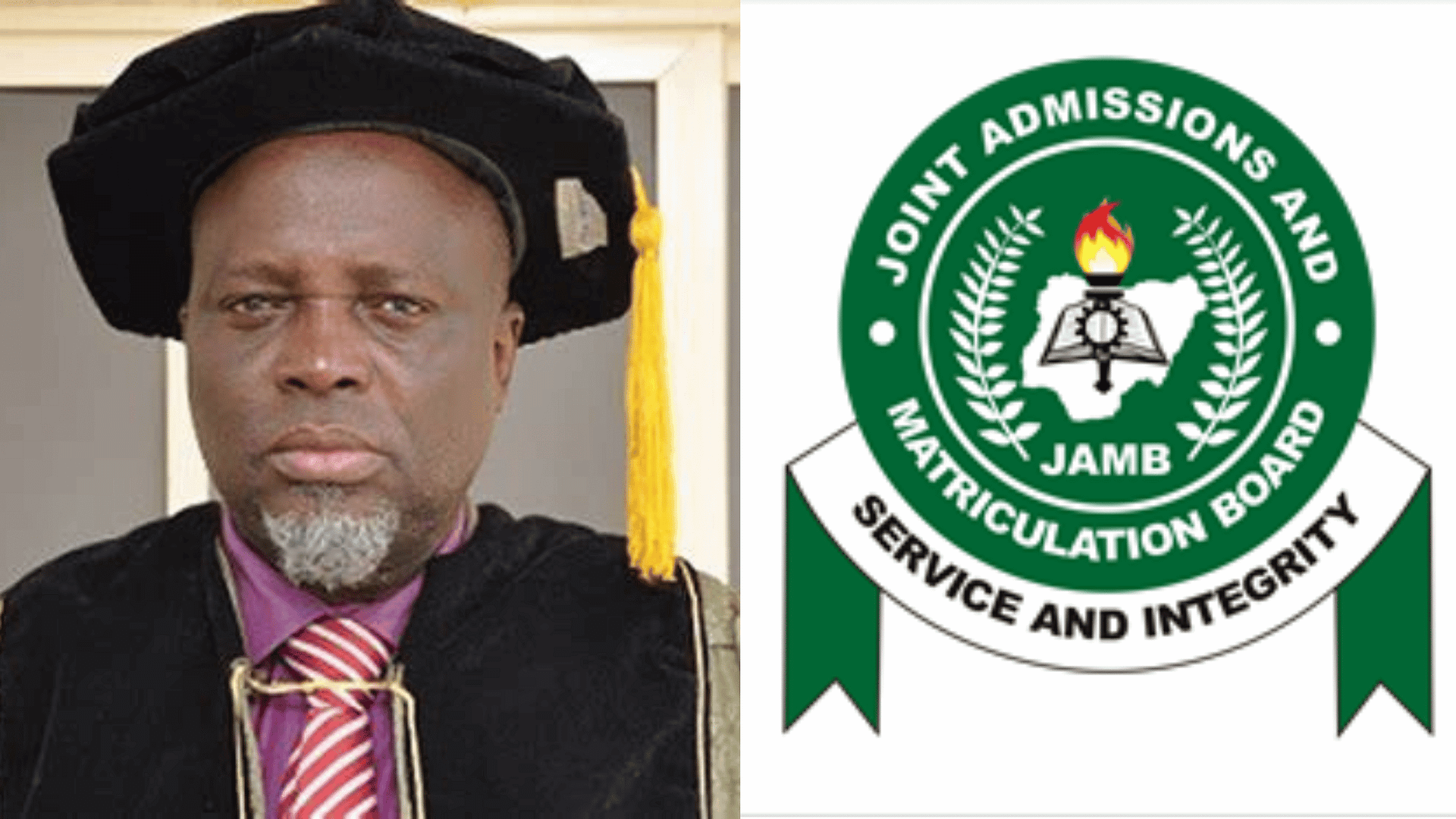🌿 Ruzu Non-Alcoholic Herbal Bitters
Ruzu Non-Alcoholic Herbal Bitters is a natural health supplement specially formulated to:
- ✅ Promote general wellness
- ✅ Detoxify the body
- ✅ Support the treatment of various ailments
Made from a powerful blend of 100% organic and medicinal herbs, Ruzu is completely alcohol-free, making it ideal for:
- 👪 All age groups
- 🌱 Health-conscious individuals
- 🌿 Anyone seeking non-alcoholic herbal remedies
Whether you're looking to boost your vitality, cleanse your system, or support healing the natural way, Ruzu Bitters offers a trusted herbal solution.
A structural overhaul of university budget management has been demanded by Prof. Is-haq Oloyede, Registrar of the Joint Admissions and Matriculation Board (JAMB), who contends that the National Universities Commission (NUC) should have exclusive responsibility for managing public university finances in addition to its regulatory duties.
Previously the Vice-Chancellor of the University of Ilorin, Oloyede made this claim in an interview with Laolu Akande on Inside Sources, which was broadcast on Channels Television.
He underlined that university education is extremely delicate and ought to be administered by professionals to avoid political interference.
“This system favors institutions based on their political connections rather than genuine educational needs,” Oloyede said, criticizing the present practice of individual colleges lobbying the National Assembly for budget allocations.
University funding should be overseen by NUC.
“The circumstances can still be redesigned to provide us with what we require. We must examine the financing system. For instance, it is best to let the National Universities Commission (NUC) manage the universities on their own. Hold the National Universities Commission accountable for overseeing university administration, Oloyede stated.
The NUC was aggressively monitoring university finances throughout his tenure as Chairman of the Committee of Vice-Chancellors, he recalled.
He said that rather than allowing each university to defend its budget in front of lawmakers independently, they would be better able to achieve autonomy in universities if the NUC were permitted to coordinate finance and management.
“Every university now goes to the National Assembly for their defense and budget, and the more you can support them, the more will be decided,” he continued.
University Data-Driven Budgeting
According to Oloyede, the NUC used data-driven measures, like student enrollment by discipline, to equitably distribute funds while managing university budgets. With this strategy, resources were allocated according to real needs rather than political lobbying.
“Whether you know someone or not is irrelevant. Parameters such as the number of students will be decided by the NUC. Additionally, he clarified, “The NUC will defend at the Ministry of Education and the National Assembly.”
He bemoaned the drop in capital development funds, blaming it on the financial inefficiencies he says have resulted from institutions hiring more support staff.
Associating Student Enrollment with University Funding
Universities are paid based on the number of students they train in each discipline under the output-based funding model put forth by Prof. Oloyede.
“I think that with the way we are funding and operating, we may reach a point where we ask, ‘If you are producing XY medical doctors, what does it take to train one medical doctor?'” This is your allotted quota from us. Consequently, we now compute (the amount). We will not be involved with your capital or ongoing expenses. And we would have conducted studies to determine the quantity,” he stated.
Nigeria Needs Not More Institutions, But Better Universities
The government should concentrate on growing and preparing already-existing universities for improved performance, the JAMB Registrar added, criticizing the growth of new universities.
Read Also: Tension in Rivers as Cult Clash Claims 19 Lives
As a kind of political restitution to underprivileged neighborhoods, he drew attention to a concerning tendency in which politicians build new universities rather than firms and industries that might provide employment and stimulate the economy.
According to Oloyede, the standard of higher education in Nigeria would be greatly improved by rerouting funds to support already-existing universities, enhancing facilities, and making sure that funds are allocated appropriately.
















